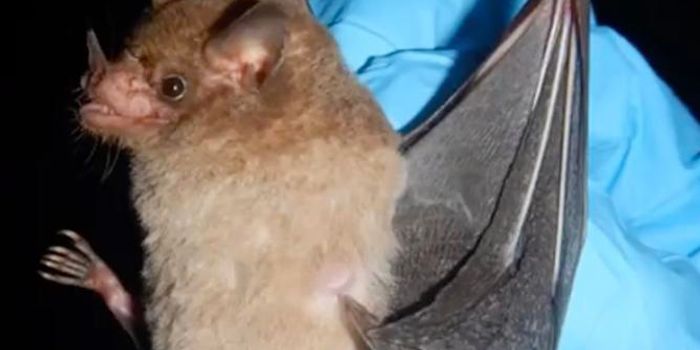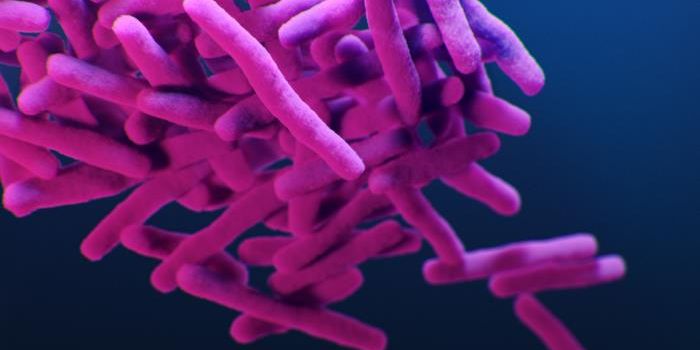Large, Diverse Study Reveals Many Similarities in the Genetics of Alcohol Abuse
A condition called problematic alcohol use (PAU), refers to a combination of excessive drinking and the problems that accompany it, and it is usually diagnosed in individuals with a questionnaire. It is known to be one of the leading causes of death around the world. New research has examined the genetics underlying PAU in over a million people. The work revealed that the genetics behind the disorder are similar, even when people have different ancestral backgrounds. This work has identified novel genes that are related to PAU, which can cause a variety of health problems, and revealed more about its biological basis. When our understanding of a condition is improved, it often leads to better treatments, some of which may have already been identified. The findings have been reported in Nature Medicine.
"Research with the primary focus on understanding the molecular mechanism underlying PAU and identification of gene targets for potential pharmacological studies is extremely important for future treatments and could help mitigate the consequences of excessive alcohol use," noted first study author Hang Zhou, PhD, assistant professor at Yale School of Medicine and VA Connecticut Healthcare Center.
A primary source of data for this research was the Million Veteran Program (MVP). The investigators included as many ancestries as possible in their analysis, including individuals with African, East and South Asian, European, and Latin American backgrounds. The study has indicated that the genetics of PAU are similar among these different populations. While there are some unique characteristics among the groups, there are more similarities than differences, noted the researchers.
The scientists were also able to use combined ancestry data. They found 11 genetic regions and also zeroed in on specific variations in gene sequences that are potentially causing PAU, said Zhou.
There were multiple genetic features, including gene expression and chromatic interactions, which linked PAU to the same aspects of brain biology. This data may help researchers develop better treatments.
"One of the most important products of this research is the information provided about PAU risk across the entire genome," noted senior study author Joel Gelernter, MD, Foundations Fund Professor of Psychiatry, and a professor at Yale School of Medicine and VA Connecticut.
This research also identified several drugs as potential PAU treatments that have already been developed and approved for other uses. Additional work will be needed to determine whether those treatments will work, however.
The investigators also noted that the research can potentially be used to create so-called polygenic risk scores that can indicate a person's likelihood of developing a disorder, in this case PAU, based on the small sequence variations in their genome. The scores are not ready for use in the clinic just yet, and more work would be needed to confirm these findings before they can be implemented. This study is, however, a significant step forward in creating such a diagnostic tool.
Sources: Yale University, Nature Medicine









